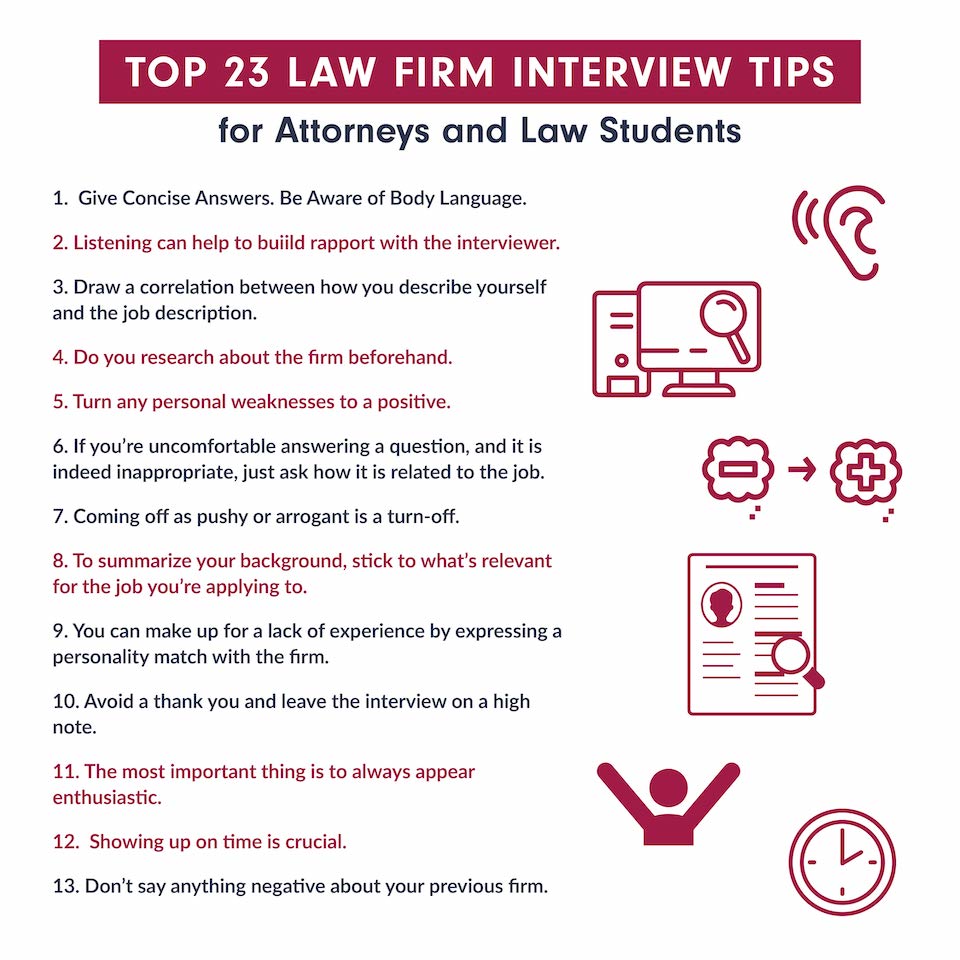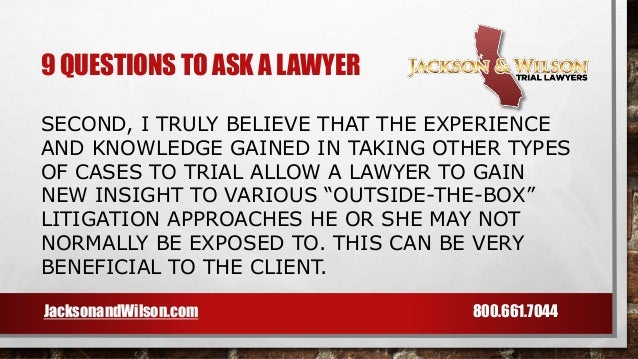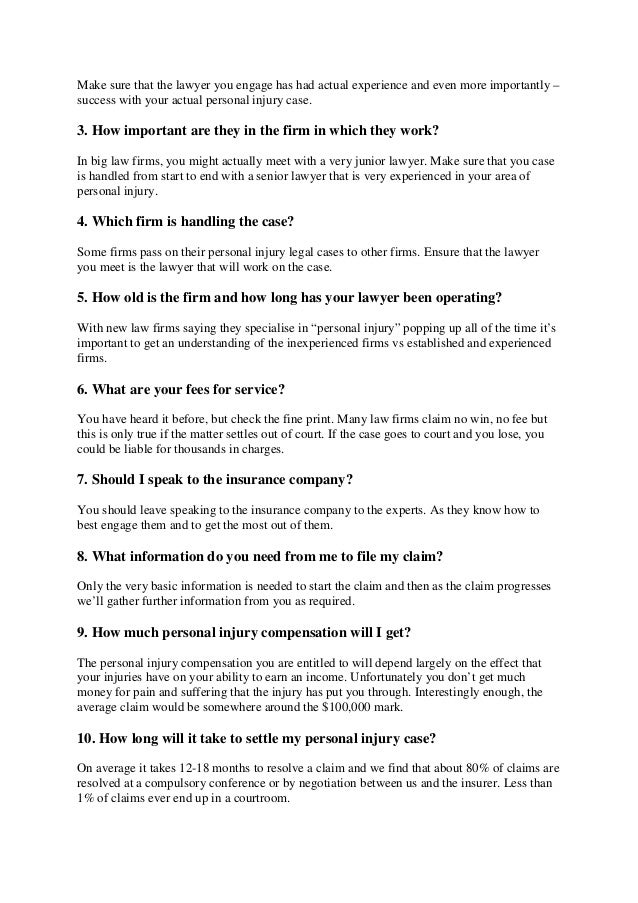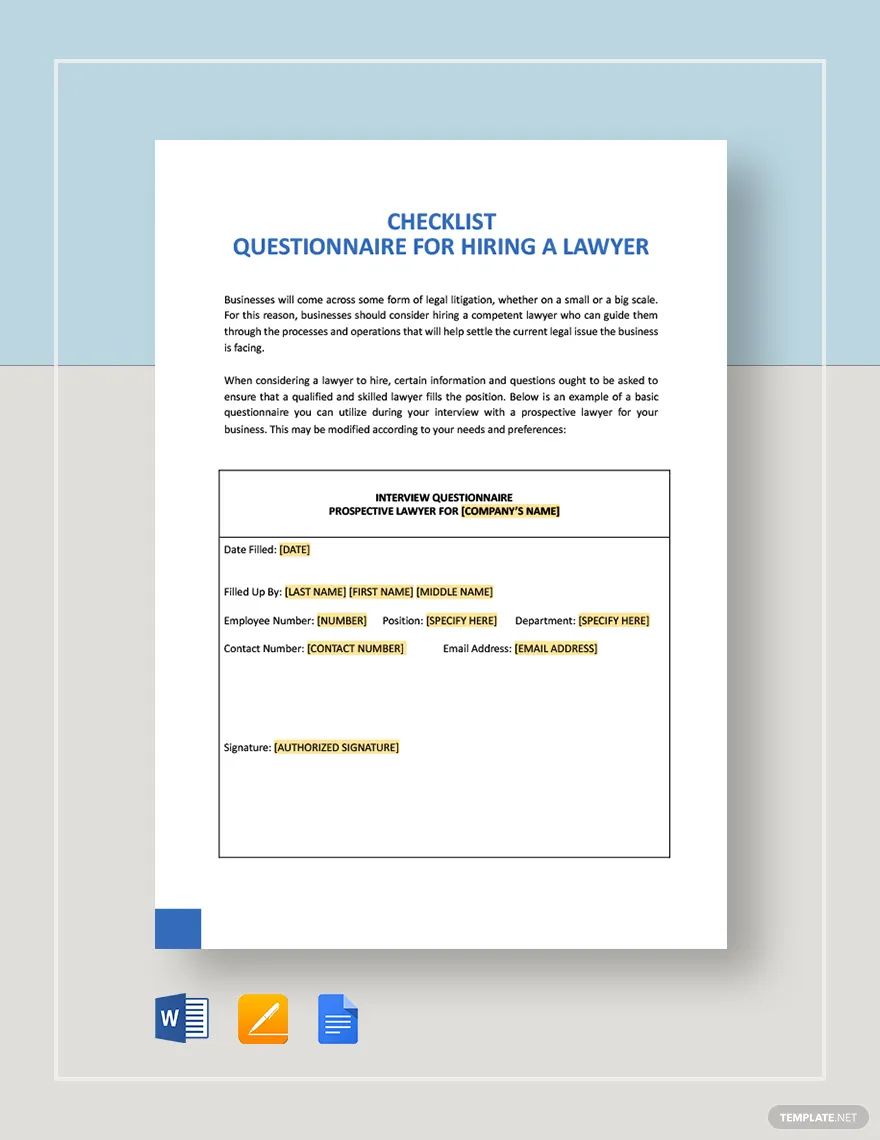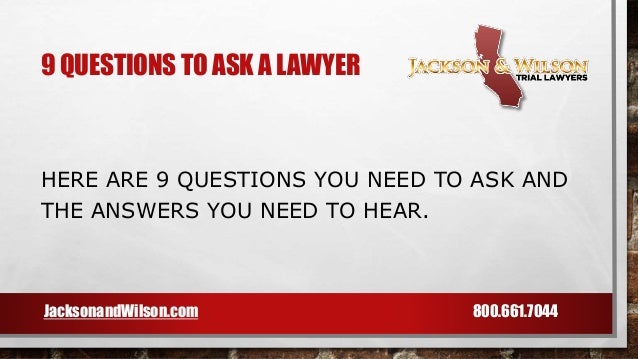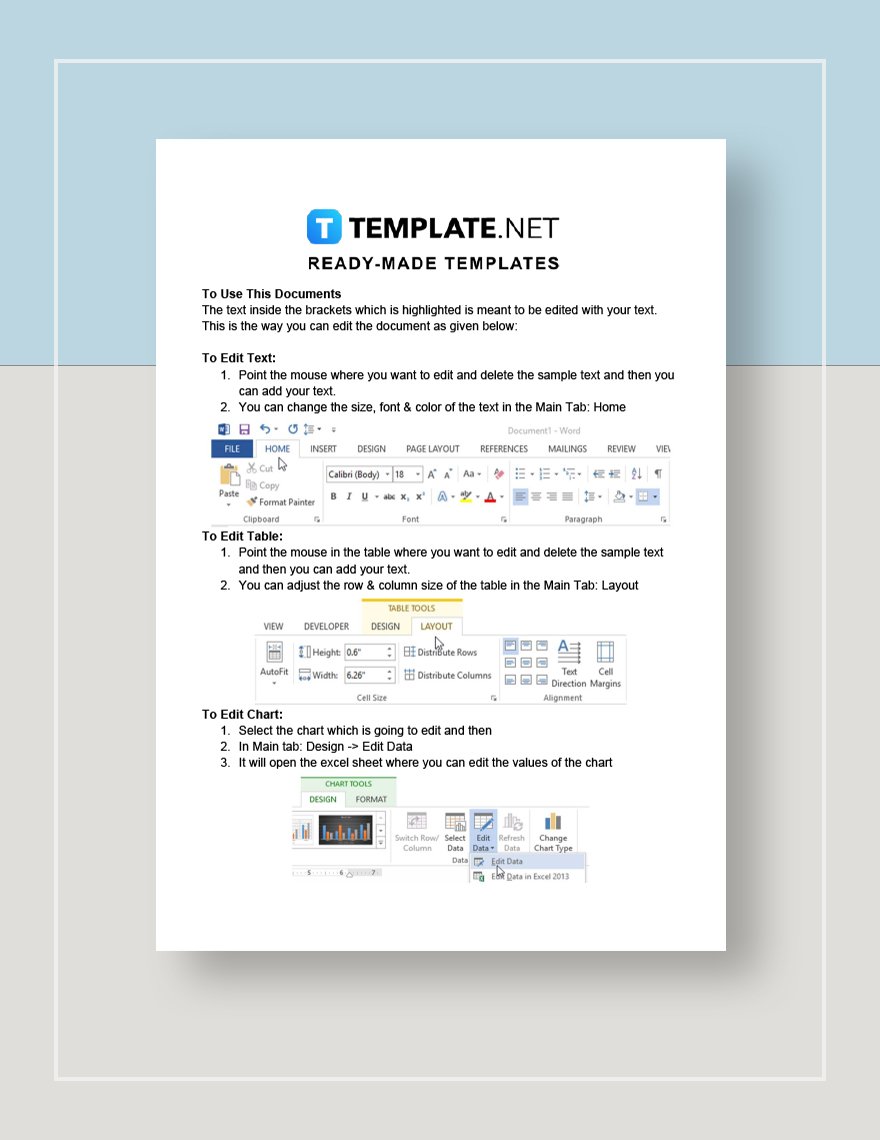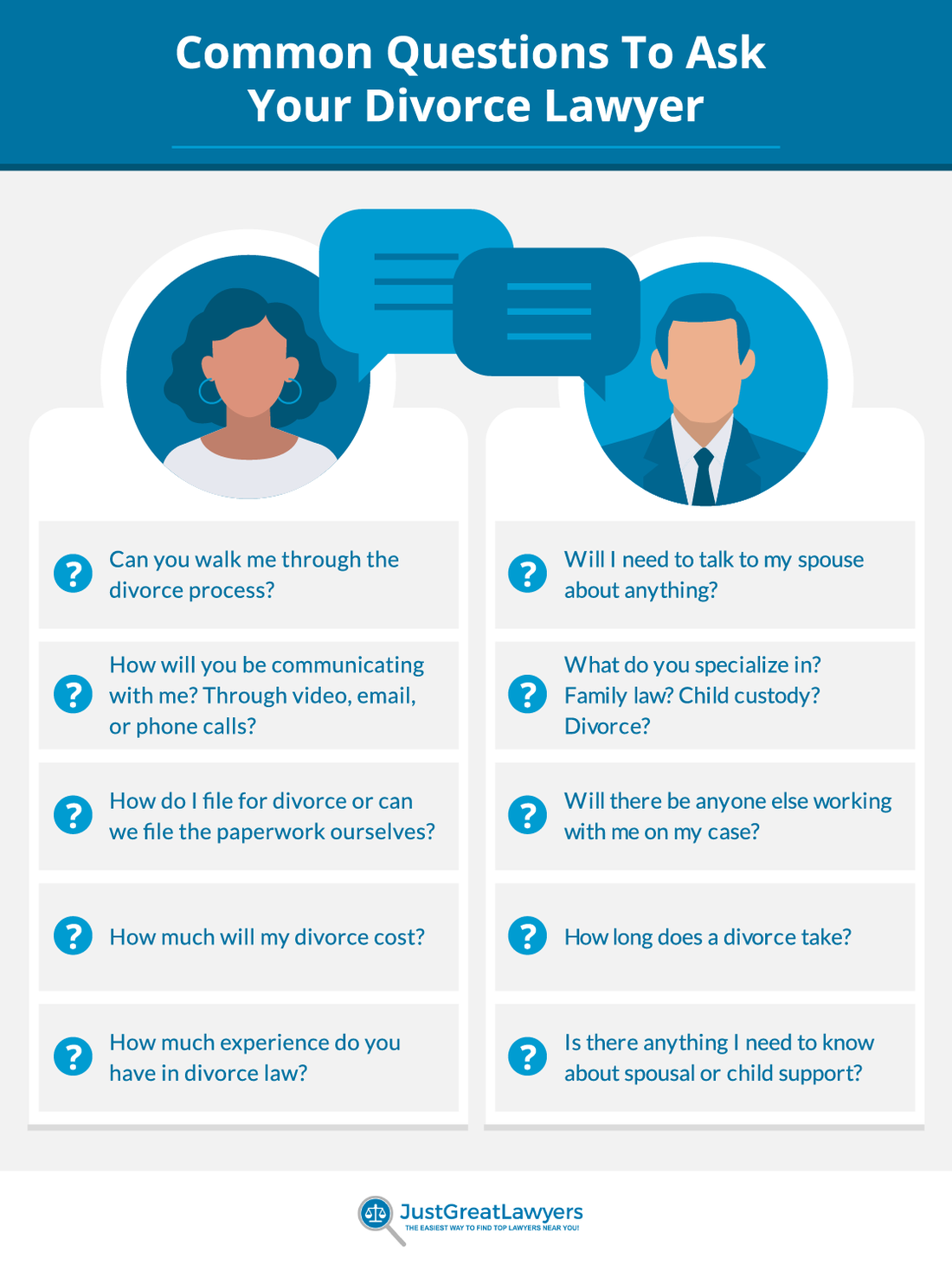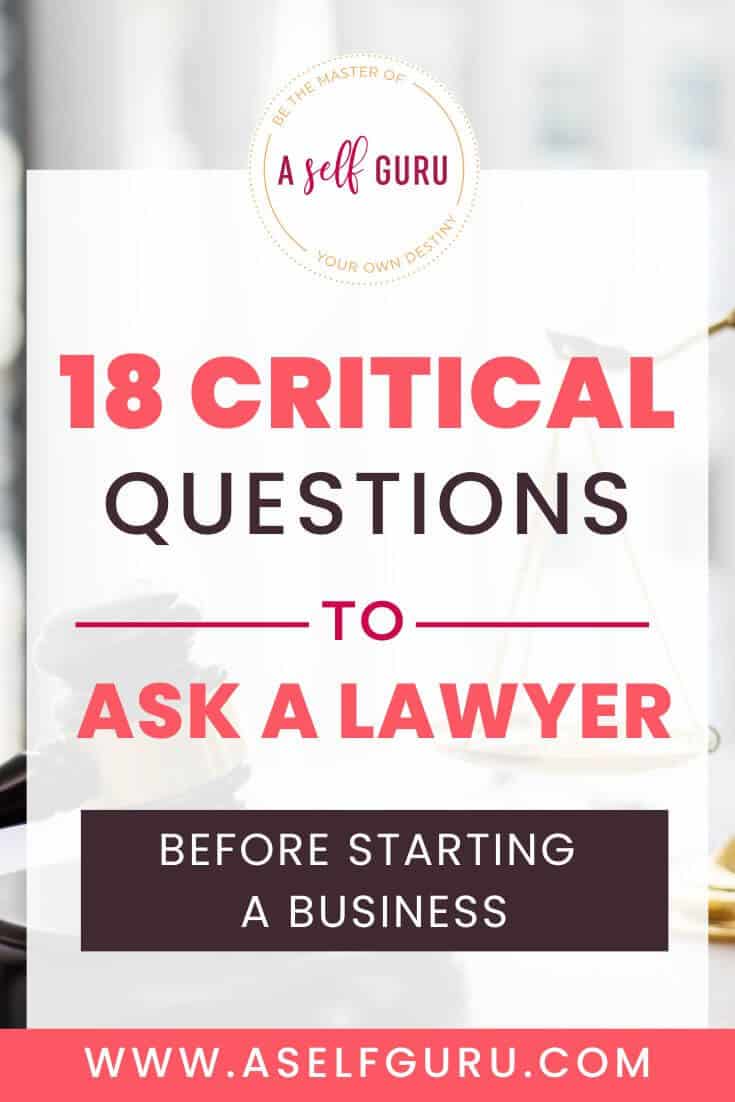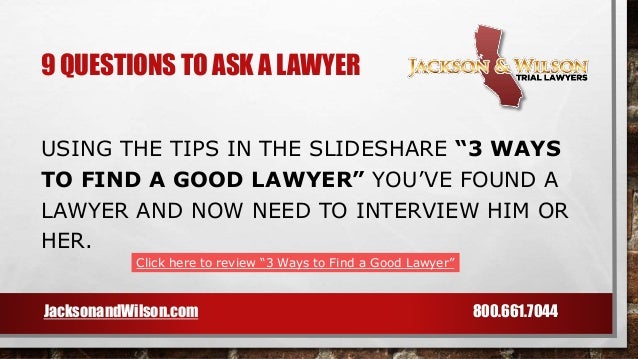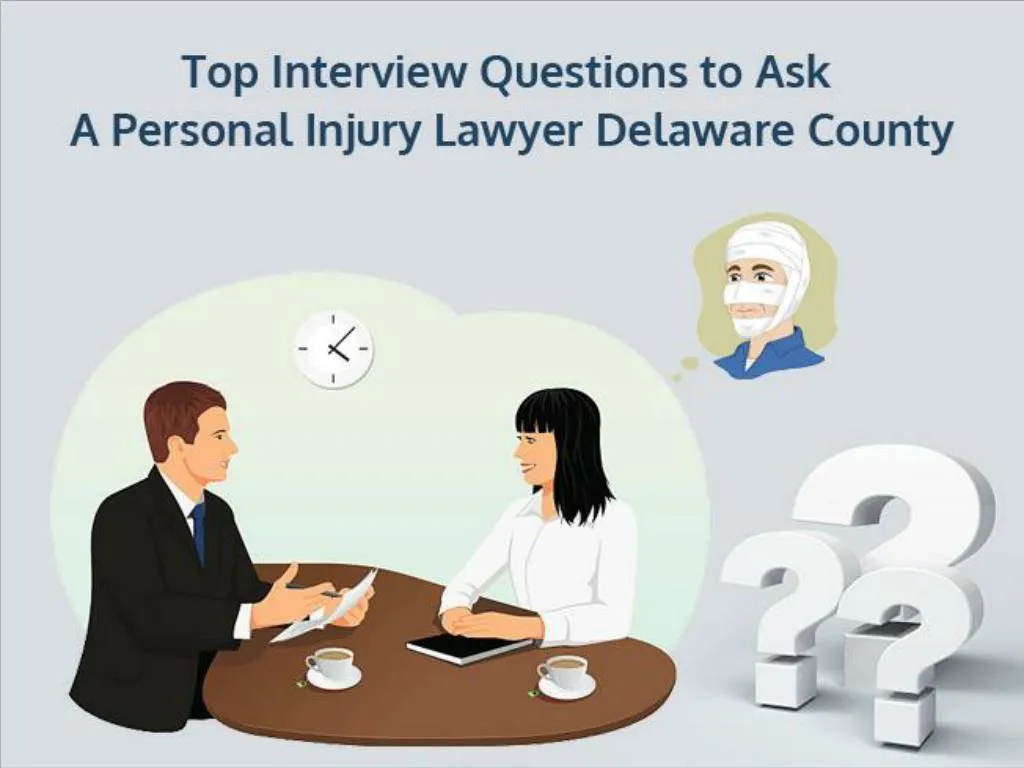How To Form Questions Like A Lawyer
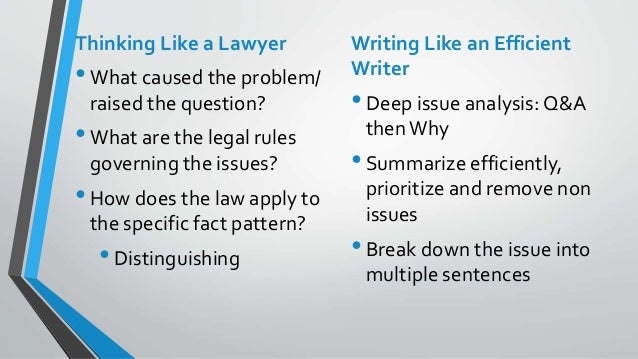
Unlock the power of incisive questioning: Master the art of forming questions like a lawyer to uncover critical information and control any conversation.
This guide provides a crash course in legal-style questioning, equipping you with the tools to elicit precise answers and navigate complex situations with confidence.
Crafting the Perfect Question: Core Principles
Clarity is paramount. Avoid ambiguity by using simple, direct language.
Each question should focus on a single fact. This prevents confusion and allows for focused responses.
Leading Questions: A Powerful Tool (Use Sparingly)
A leading question suggests the answer within the question itself. Example: "You saw the defendant leave the scene, didn't you?"
Leading questions can be effective in cross-examination to challenge a witness's testimony. However, they are generally not permitted during direct examination of your own witness, according to the Federal Rules of Evidence, Rule 611(c).
Open-Ended Questions: Eliciting Detailed Information
Open-ended questions encourage the respondent to provide a detailed narrative. "Tell me what happened next" is a classic example.
These are useful for gathering information and building a foundation. Use them when you want someone to explain their story in their own words.
Questioning Techniques: Gaining Control
The Funnel Technique moves from broad questions to specific details. Start with general inquiries and then narrow down to the crucial elements.
Hypothetical Questions can explore potential scenarios, although their admissibility in court depends on relevance to the facts at hand.
"Why" Questions: Proceed with Caution
Avoid "why" questions unless you are prepared for speculative answers. "Why" can often lead to assumptions rather than concrete facts.
Instead of asking "Why did you do that?" try "What were you thinking when you did that?"
Preparation is Key
Thoroughly research the subject matter before formulating your questions.
Anticipate potential answers and prepare follow-up questions accordingly. Consider using a question map to stay organized.
According to a study by the American Bar Association, lawyers who spend more time preparing questions are more likely to achieve favorable outcomes.
Examples in Action
Instead of: "Did you see anything unusual that night?"
Try: "Describe everything you observed on the night of [date], starting from [time]." (Open-ended) and "Specifically, did you observe anyone acting suspiciously?" (Closed-ended).
Instead of: "Why were you at the scene of the crime?"
Try: "Can you describe the circumstances that led you to be at the location on [date] at approximately [time]?" (Less accusatory and more focused on factual recall).
Next Steps: Continuous Improvement
Practice these techniques in everyday conversations. Pay attention to how people respond to different types of questions.
Seek feedback from experienced lawyers or mentors to refine your skills. Consider joining a mock trial or debate club to hone your abilities in a simulated environment.
Mastering the art of questioning is an ongoing process. Continued practice and self-reflection are essential for becoming a skilled and effective communicator.
